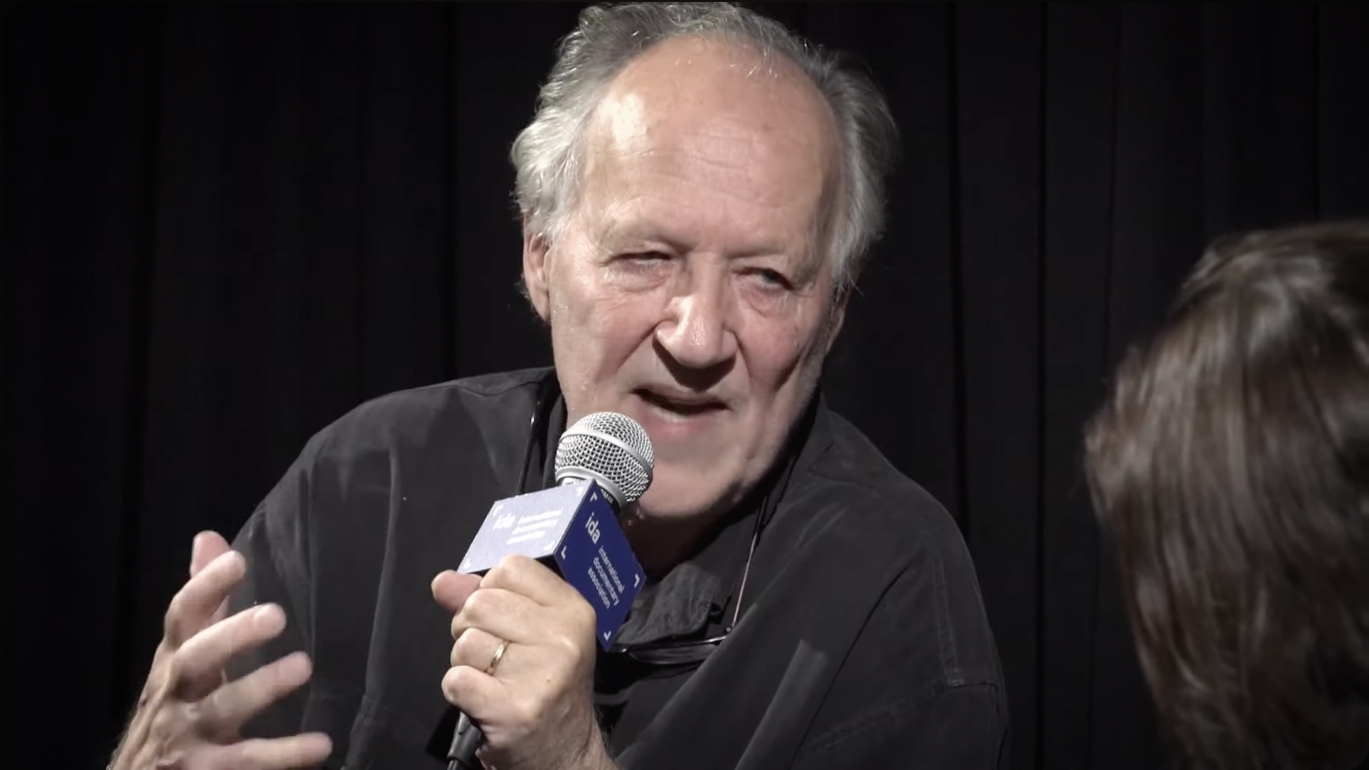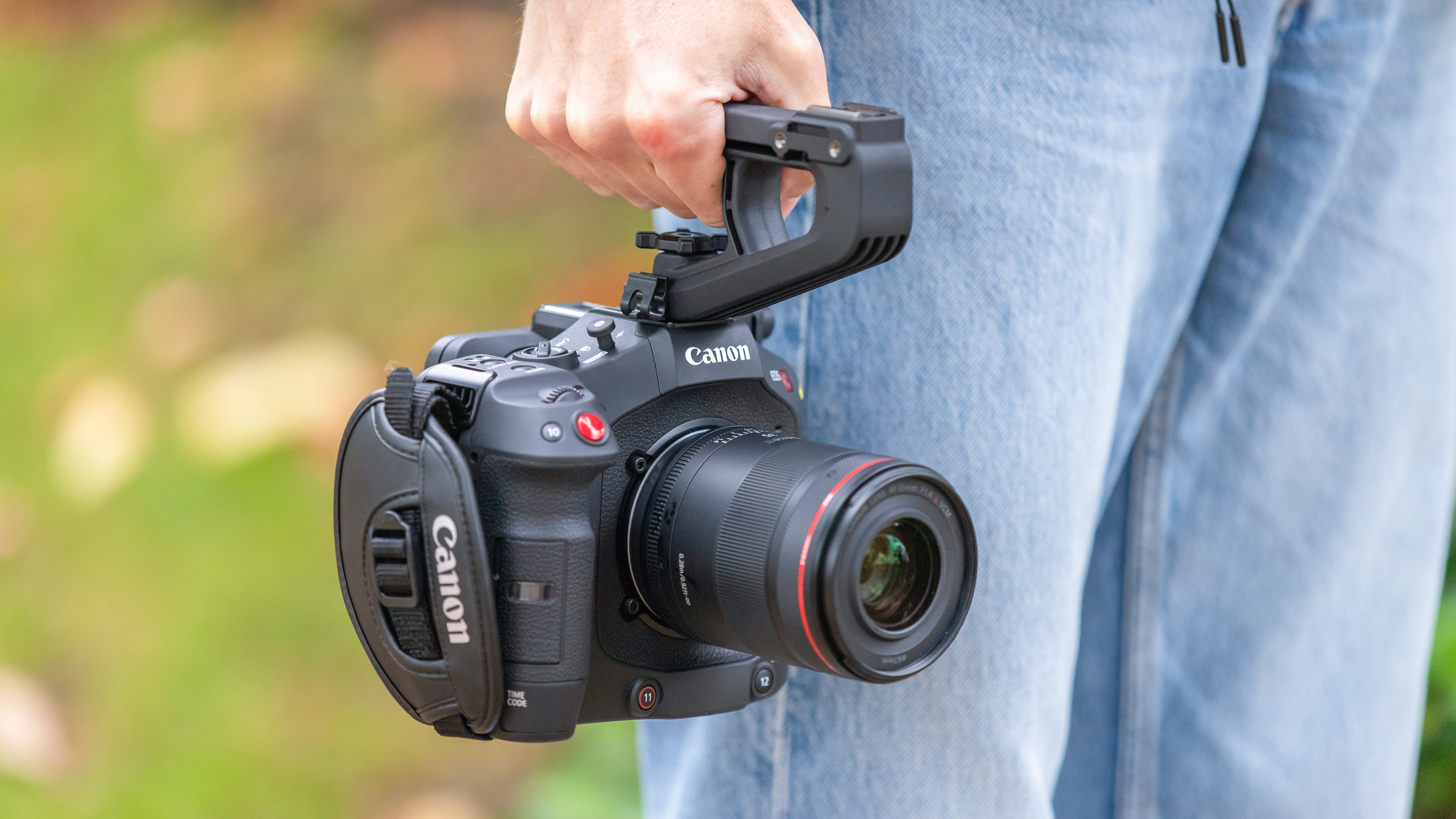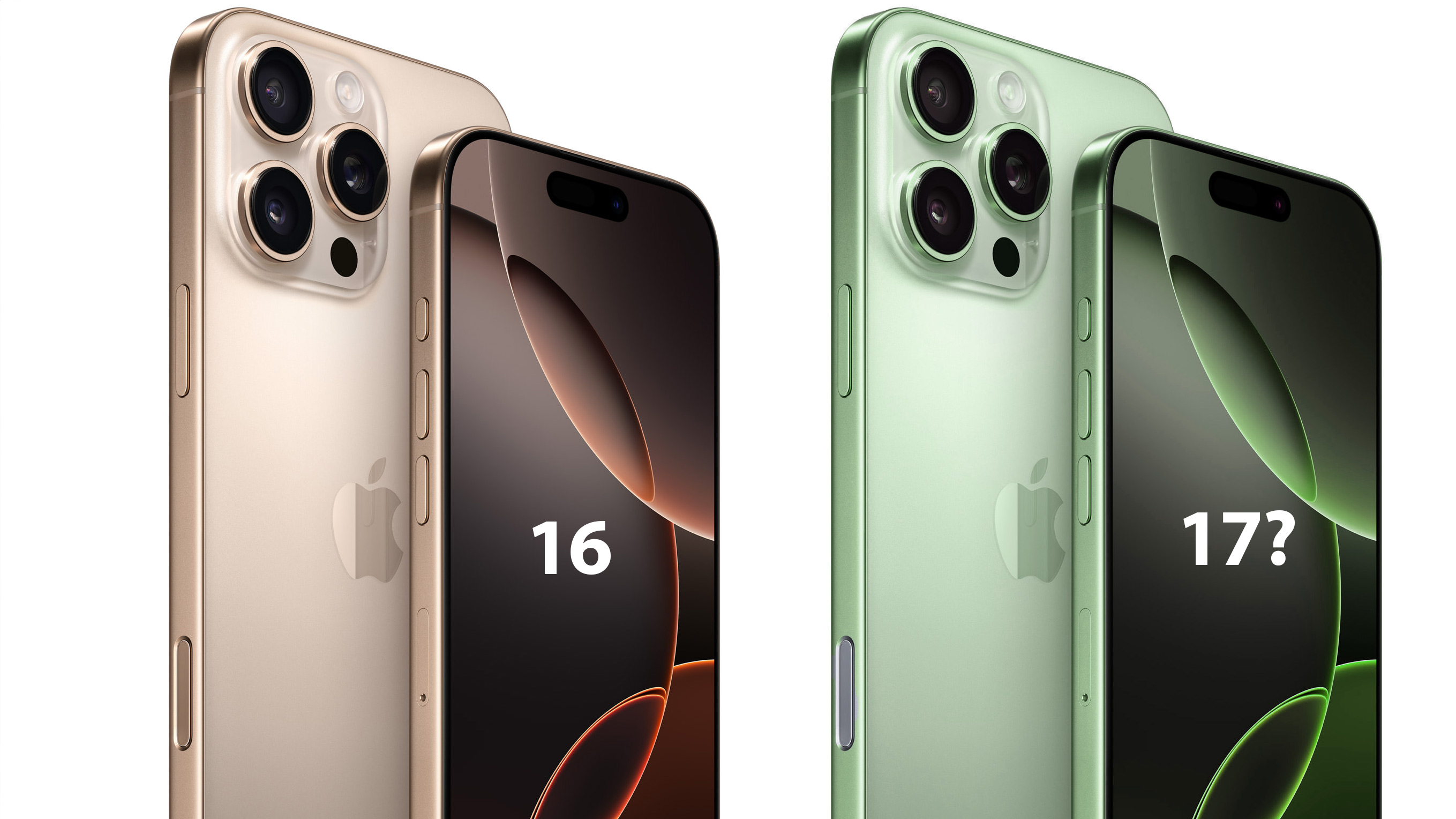Do better cameras = worse filmmakers? "They end up with 650 hours of footage, and it's all mediocre"
"Young filmmakers don't know what they're doing. [Because] the cameras are very good, they end up with 650 hours of footage, and it's all mediocre"

Modern cameras are amazing devices, capable of amazing things. But it's very possible that they're so good, they've actually made us worse at capturing images.
This is true in a whole bunch of different technical aspects, but think about it purely in the terms of film versus digital – and trust me, this isn't going the way you might expect.
You see, photographers and videographers often think about this in a very one-dimensional way: the aesthetic quality of film or digital. But while the "look" is very important, more fundamental is the fact that shooting on a roll or reel of film is finite – while shooting on digital these days effectively gives you unlimited shooting.
And this is exactly the problem.
Once upon a time, photographers had 36 exposures (if they were lucky). Now they have 2TB memory cards that can fit thousands and thousands of photos. Ditto filmmaking; you can essentially hit the record button and shoot dozens upon dozens of takes, or hours and hours of B-roll.
Not only is this wasteful, and arguably lazy, it may actively be decimating our ability to capture the images that we love.
This is certainly the perspective of award-winning filmmaker, actor and author, Werner Herzog, who says young filmmakers are "doomed".
Get the Digital Camera World Newsletter
The best camera deals, reviews, product advice, and unmissable photography news, direct to your inbox!
If you don't know him as the director of documentaries like Grizzly Man and Into the Inferno, you might recognize his iconic German rasp from Star Wars series The Mandalorian ("I would like to see the baby") or the texting-and-driving YouTube PSA One Second to the Next.
In a 2017 interview with the International Documentary Association, which recently went viral online, he made his feelings about overshooting – and the cause of it – explicitly clear.
ABOVE: Watch Werner Herzog explain why you're probably overshooting
"It's appalling for me to hear that young filmmakers are shooting 550 hours of footage, my heart sinks. They don't know what they're doing."
"The crux, which is also a benefit of these digital recording systems, yes – the cameras are very good. And they just keep the camera rolling, rolling, rolling, rolling, and they end up with 650 hours of footage, and it's all mediocre. And you cannot find any gems in an ocean of mediocrity. So, they're doomed."
Herzog tries to teach students at his film school not to be beguiled by what technology enables you to do, but to be selective and only shoot what is actually needed for the screen. For his Netflix documentary Into the Abyss, for instance, he didn't shoot more than eight hours for a two-hour film.
When the interviewer noted that this was an incredible shooting ratio, Herzog was steadfast in his response.
"No, it's the right thing, the correct ratio, as it should be. And, you see, if you have to earn your money for producing your own film, doing the night shift as a welder in a steel factory – as I have done – and if you are forced to buy 35mm celluloid raw stock, and you have to give it to a lab, and it has to be developed, and you have to have dailies, of course every single second that is ticking by costs you five bucks, at least.
"So, you better learn very, very quickly the value of time, of what you're covering, of how you're focusing."
So the next time you're out taking photos, or capturing some video, think about Herzog's scalding words and ask yourself: are you shooting this because you can, or because you should?

If Herzog hasn't put you off, you might be interested in the best cameras for filmmaking and the best cinema lenses to use with them.

James has 22 years experience as a journalist, serving as editor of Digital Camera World for 6 of them. He started working in the photography industry in 2014, product testing and shooting ad campaigns for Olympus, as well as clients like Aston Martin Racing, Elinchrom and L'Oréal. An Olympus / OM System, Canon and Hasselblad shooter, he has a wealth of knowledge on cameras of all makes – and he loves instant cameras, too.

